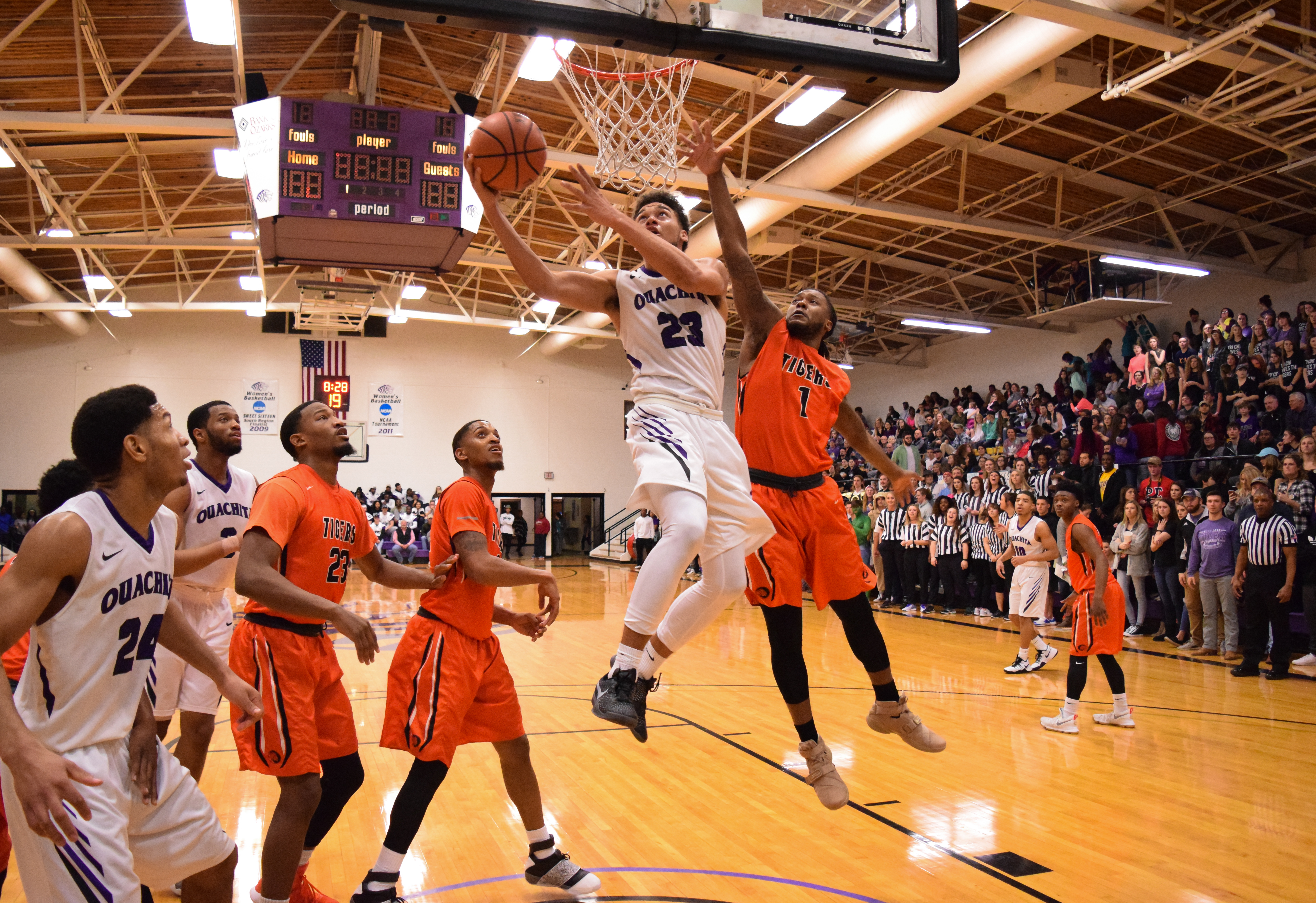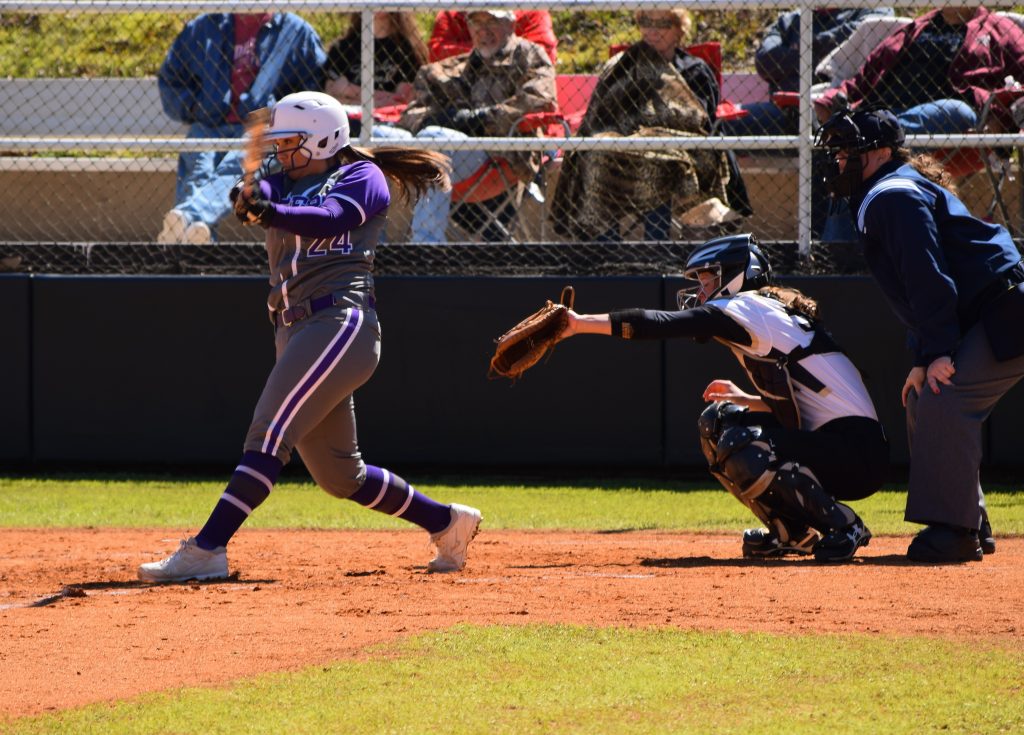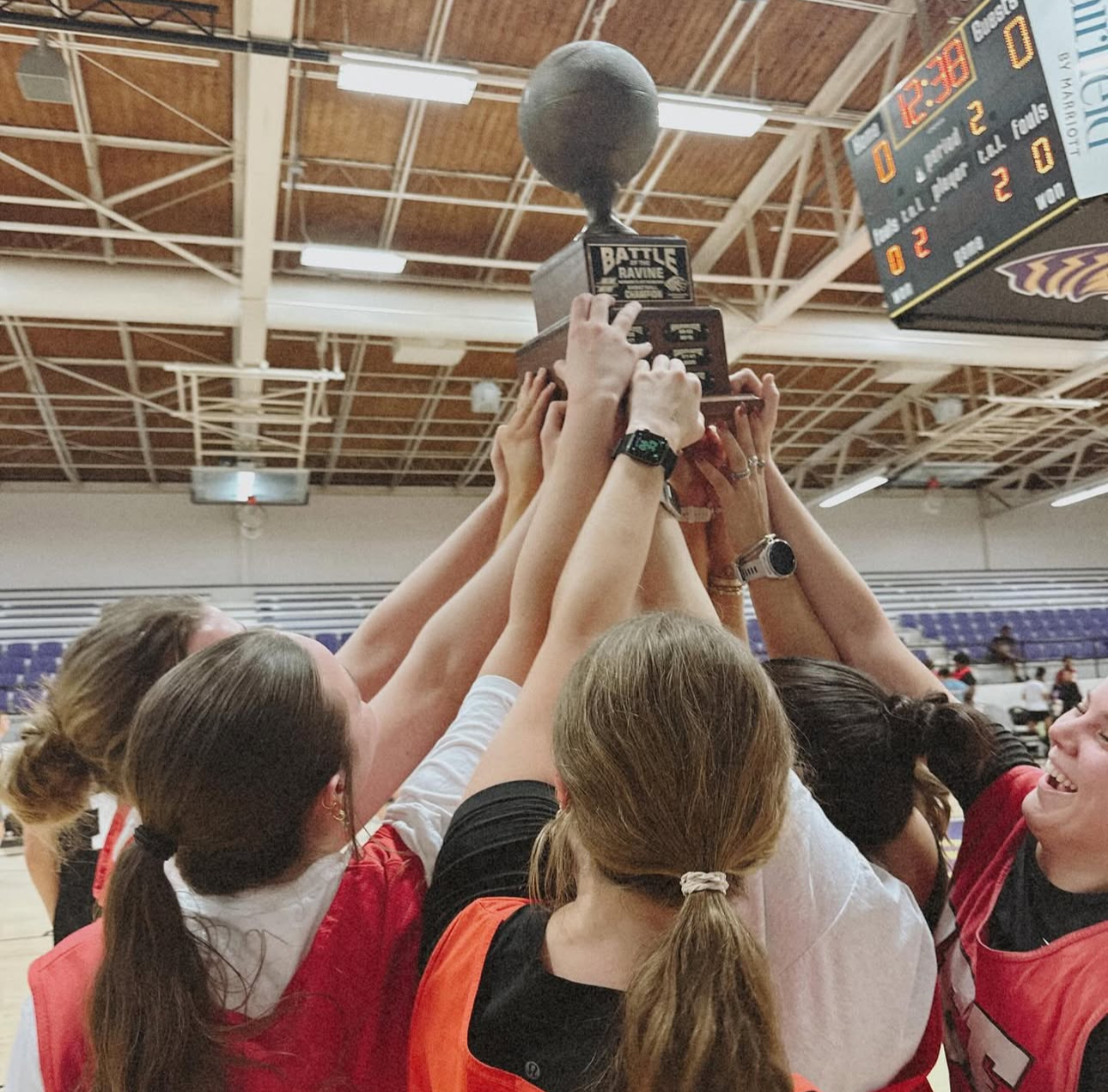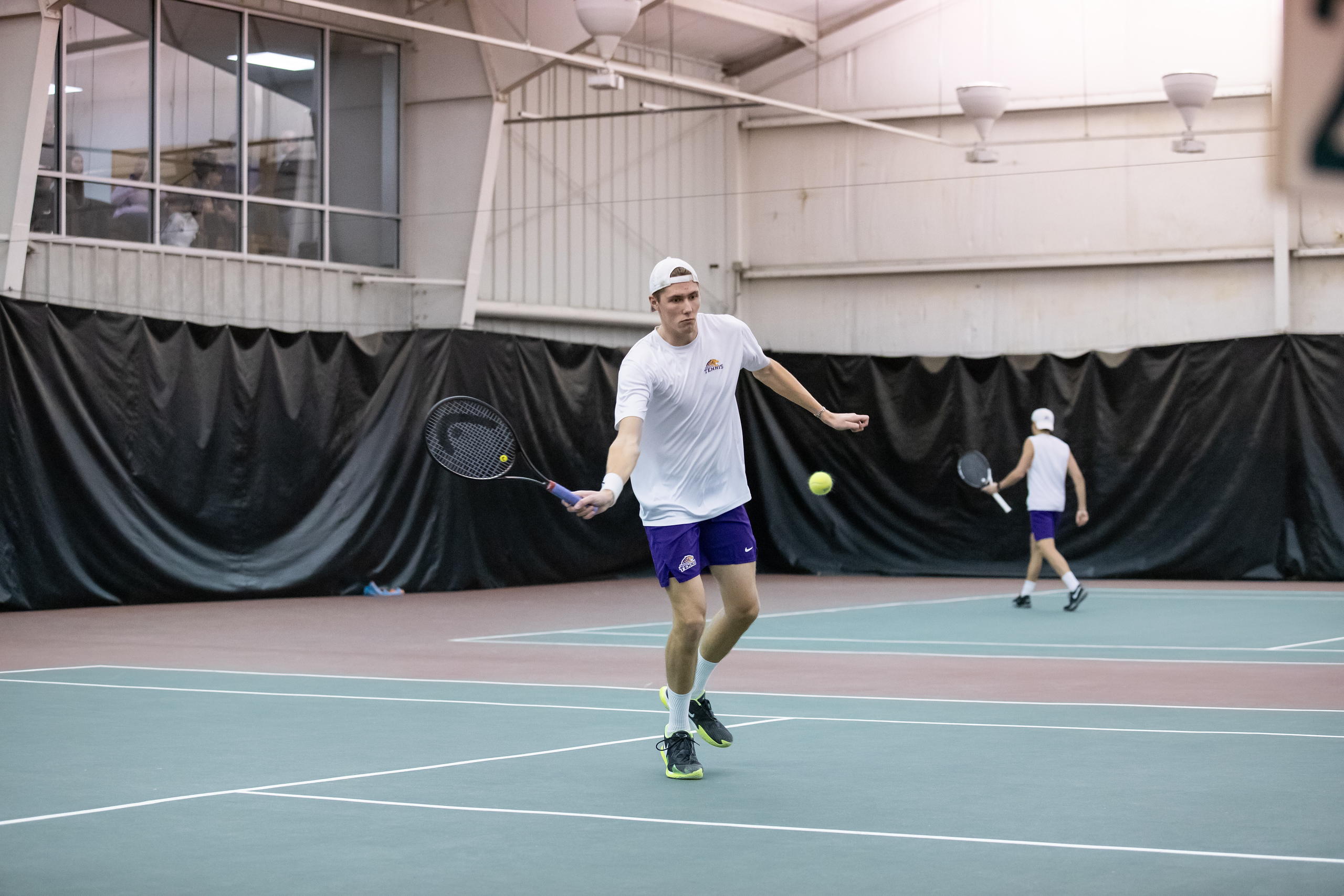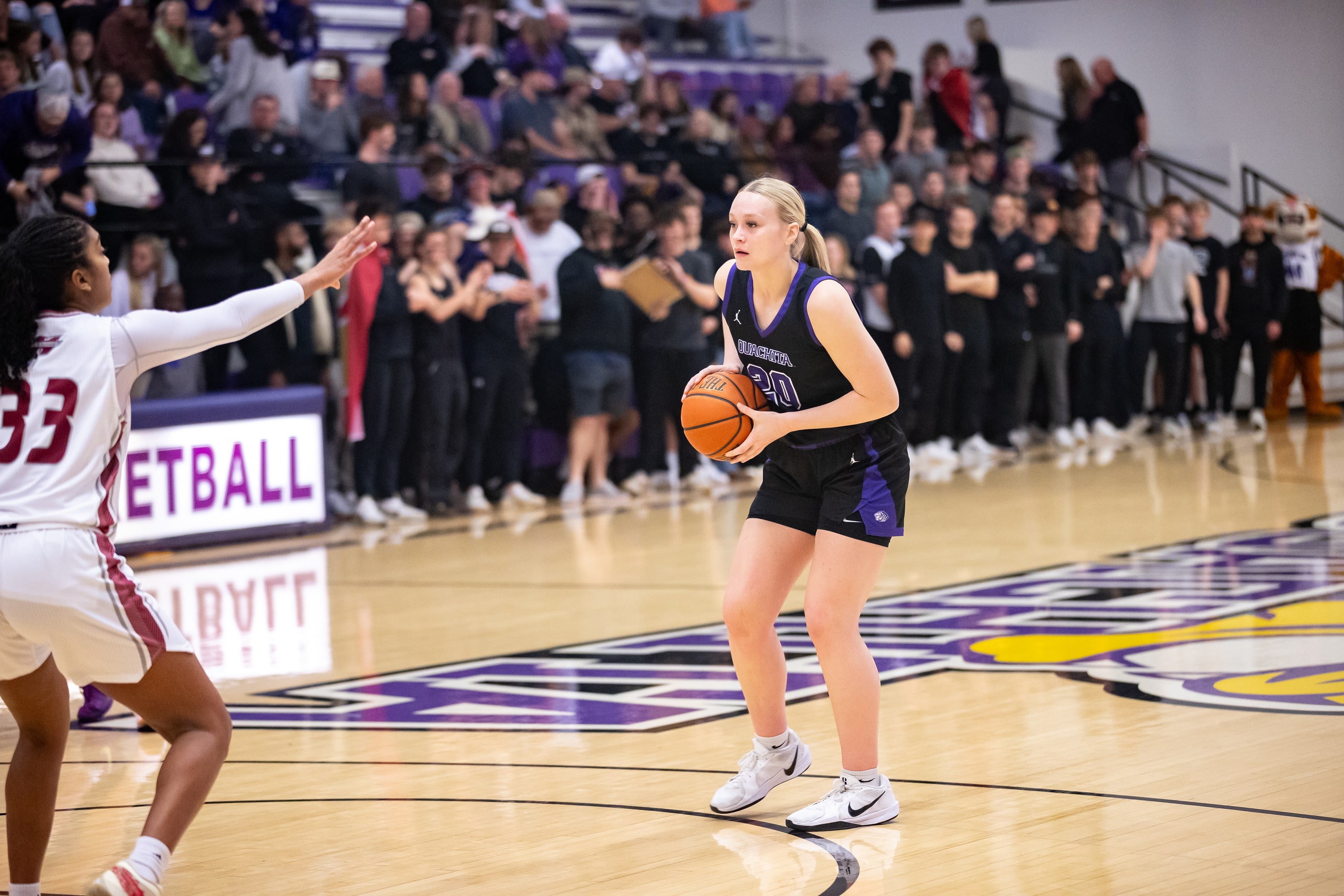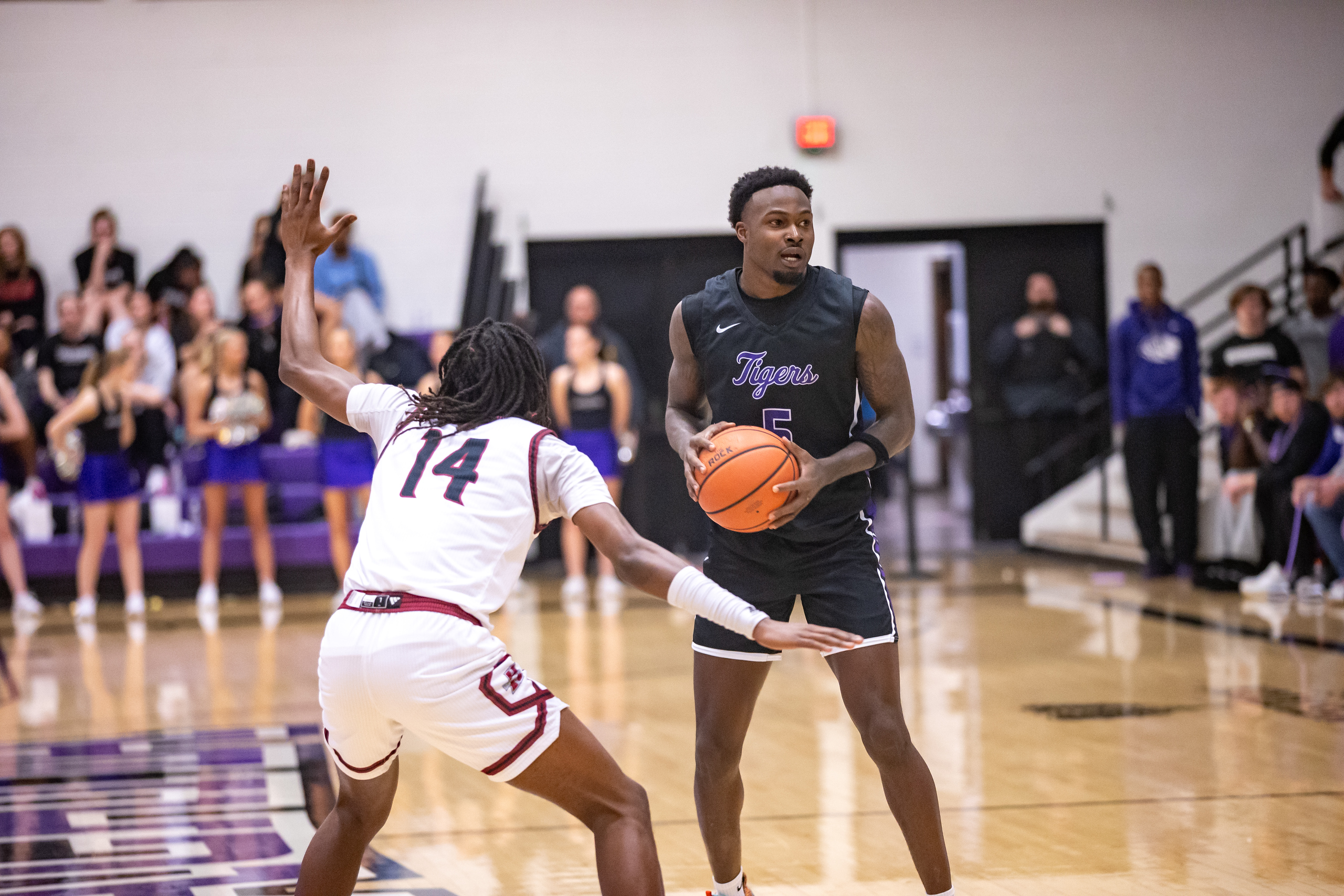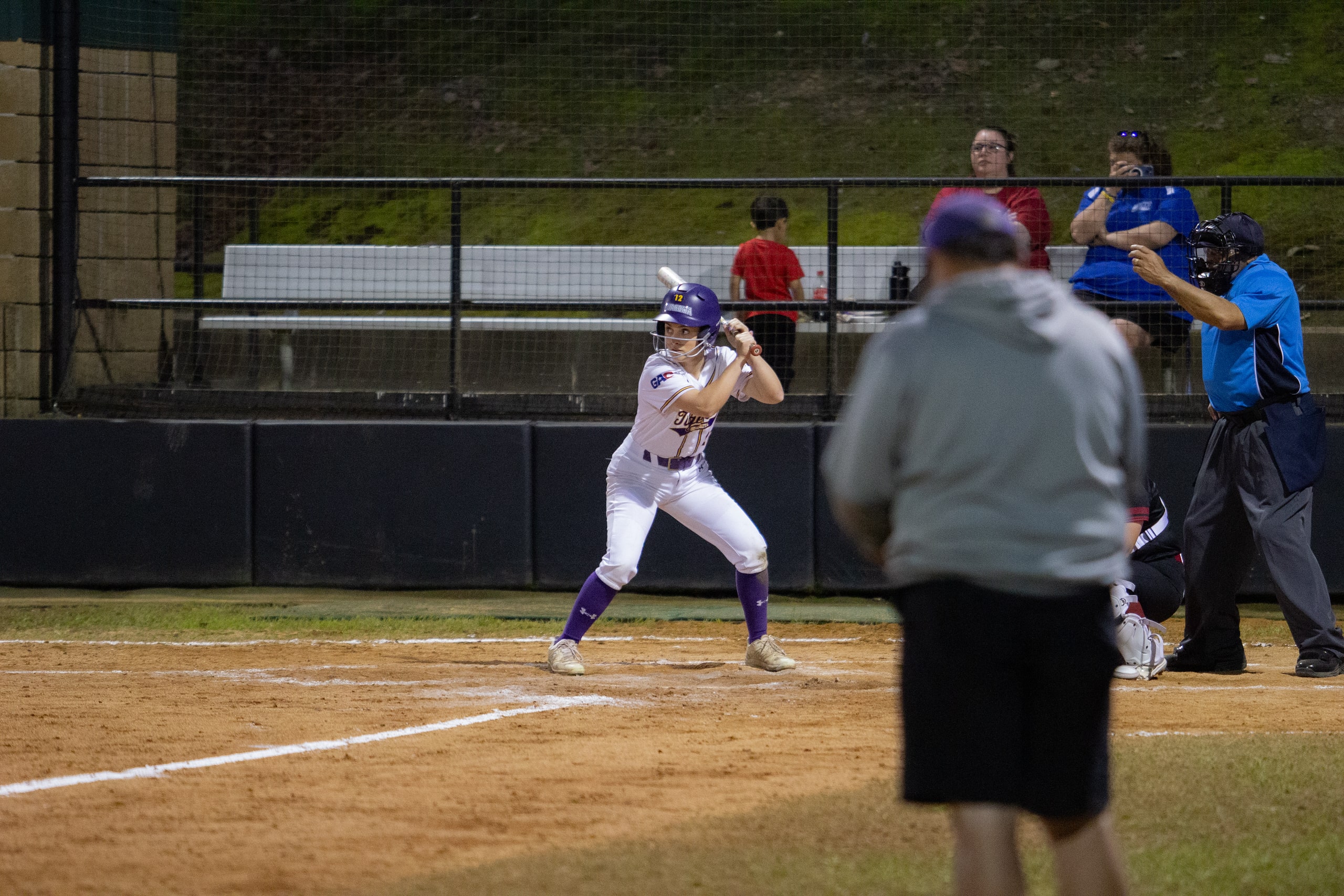Being a college student-athlete is very time consuming and physically challenging. Being a student-athlete comes with rules and responsibilities — rules applied by your school and coaches and, more importantly, rules applied by the NCAA (National Collegiate Athletic Association). One of the most controversial and commonly-debated rules applied to student-athletes by the NCAA is the amateurism rule. The NCAA states that in order to compete in intercollegiate competition, you must be certified as an amateur. As of today, amateurism requirements do not allow things such as contracts with professional teams, a salary for participating in athletics, prize money above actual and necessary expenses, etc. In essence, they do not allow college athletes to receive pay whatsoever. Are these rules going to change soon?
A common belief by many is that athletes shouldn’t be paid because they receive a scholarship, which is technically getting paid, because the scholarship is paying for their college education. According to the NCAA, full scholarships cover tuition and fees, room, board and required course-related books. Many student-athletes receive athletics scholarships covering only a portion of these costs. According to scholarshipexperts.com, a full scholarship at an in-state, public school is approximately $15,000 a year. As mentioned earlier, many (but not all) athletes don’t receive a full scholarship, as they receive scholarships covering only a portion of what a full covers. So technically, many athletes still have to pay for a portion of their education, because their scholarship isn’t full and doesn’t cover all the necessary expenses. A 2011 report titled “The Price of Poverty in Big Time College Sport” confirms that 85 percent of college student athletes on scholarships live below the poverty line. This means that the majority of athletes can’t ask their parents for extra money, because they simply don’t have the money.
One might present the argument that if the student-athlete wants to make extra money, they should go get a job. The problem with this is time. For student-athletes, playing a sport is a full-time job. According to a study by USA Today, a college athlete spends an average of 44 hours a week on their sport; playing games, practicing, training and being in the training room. Compared with a little less than 40 hours on academics. Combine those 44 hours a week spent with your sport along with the other 40 hours on academics and what do you get? Very little–if any–free time, and no time left at all to go and get a job to earn extra money. I myself am a college student-athlete, so I can relate to this.
According to IndyStar, The NCAA accumulates over $1 billion a year, of which about 80 percent comes from television. Student-athletes are a huge part in this income. According to ESPN, the NCAA men’s basketball tournament generated $1.15 billion in television ads, well beyond the revenue generated by the NFL and NBA playoffs. The NCAA is profiting off of these student-athletes and are not sharing any of this money with them.
There are many different opinions on this subject. Mack Brown, former head football coach for the University of Texas, is for college athletes getting paid.
“I do think athletes need to be paid,” Brown said in an article released by sbnation.com. “These players are killing themselves, and at Texas last year, we made $163 million.”
Jim Boeheim, head basketball coach of the Syracuse men’s team, is against paying college athletes.
“That’s really the most idiotic decision of all time,” Boeheim said in article released by USA Today. “I don’t believe players should be paid. I believe they are getting a tremendous opportunity.”
here are many different opinions on this subject, of which many weren’t even mentioned. There are many pros and cons to this heavily debated subject, as it would benefit the athletes who are poor and coming from poor backgrounds, but would be very difficult to come up with a system to pay these athletes that everyone agrees with. When it’s all said and done, there will always be someone who’s unhappy, whether college athletes eventually start getting paid or not.
Written by Sports writer, Marcellus Hill


